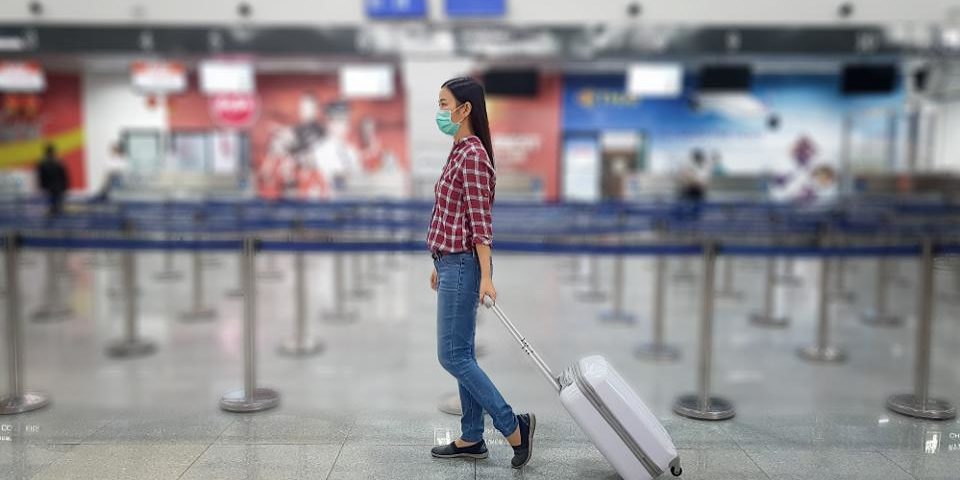The closing of the Canadian border in mid-March came with assurances from the federal government that families would not be separated during this pandemic.
Essential travelers, it noted, as well as non-Canadian spouses of Canadian citizens would qualify for admission into Canada. The Canadian Border Security Agency, however, seems to be taking a more strict interpretation of these guidelines. Several couples of Canadian and non-Canadian citizenship have been separated at the border by agents who assert that the foreign spouse’s entry is unessential.
To justify their response, the CBSA cited a provision in the government’s COVID guidelines which say that “A foreign national, including a Canadian’s immediate family member, is banned from entry if they seek to enter for an optional or discretionary purpose, such as tourism, recreation or entertainment”. This, however, does not explain their refusal of spouses who are seeking reunion in these difficult times.
Leaked internal CBSA instructions outline a more strict standard, by which “foreign nationals coming to Canada to temporarily reside with a spouse or immediate family during the pandemic” are banned. Immigration lawyers representing clients who have faced denial at the border protest the strict rules enforced by the CBSA, claiming that the front-line instructions violate the spirit of the government’s policy and that the public is being misled. The disconnect between overarching federal policy intentions and the ground-level implementation of the guidelines is cause for concern. This discrepancy has led to an outcry from families who find the CBSA’s internal policy unjust and draconian. The Canadian government is yet to condemn the CBSA for their actions, and as of now, the safest course of action for multinational families who are separated is to apply for a temporary resident permit which, if approved, would ensure admission at the border.


